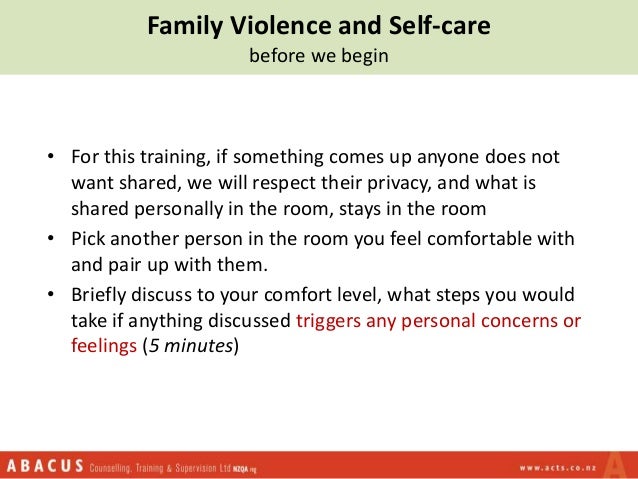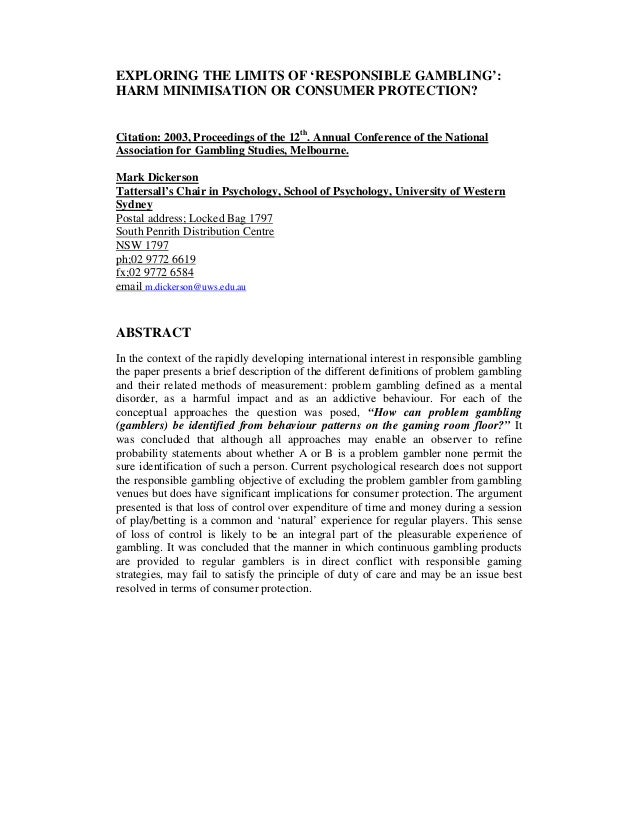Harm Minimisation Gambling
Problem gambling represents a significant public health problem, however, research on effective gambling harm-minimisation measures lags behind other fields, including other addictive disorders. In recognition of the need for consistency between international jurisdictions and the importance of basing policy on empirical evidence, international. Issues to the regulator. Is this a good way to encourage venues to comply with gambling harm minimisation rules? Laws that help minimise gambling harm – Survey questions September 2020 4 Yes. Gambling cards would be more effective, as long as they are designed to be linked to age and identification. The Gaming Machines Amendment (Gambling Harm Minimisation) Bill 2020 will help registered clubs and hotels to minimise gambling harm and provide additional support to gaming machine players. Instead of only needing to provide support when someone specifically asks for help, clubs and hotels would need to actively identify and assist gaming. 1 September 2019 Gaming machine harm minimisation There are laws in place to promote a culture of responsible gambling and protect people from problems associated with excessive gambling. Read: Gaming Machines Act 2001.
The 2016 Foundation-funded study Assessing gambling-related harm in Victoria identified seven types of harm experienced by people who gamble and those close to them.
These harms can be experienced on a spectrum that extends from no harm through to very severe harm. They can range from minor negative experiences to crisis point, which is often when people consider seeking professional help for their gambling. Severe harm can sometimes have a lasting impact, known as legacy harm, which can even transfer to the next generation.
In general, harm increases as the risk of problem gambling increases, so we see it more frequently in moderate-risk than low-risk gambling, and it is most prominent in people experiencing problem gambling.
The seven types of gambling harm identified are:
- relationship difficulties
- health problems
- emotional or psychological distress
- financial problems
- issues with work or study
- cultural problems
- criminal activity.
Relationship difficulties
Relationship harm is the most common type of harm from gambling. It is a quarter of all gambling harm experienced by Victorians.
Relationship harm includes neglect of responsibilities, conflict, threats to end a relationship and the actual ending of a relationship.
People affected by someone else’s gambling are more likely than those who gamble to report conflict or tension in the relationship as a harm from gambling.
25%
Health problems
Health problems account for one-fifth of gambling harm in Victoria. They include stress, reduced sleep due to worry, depression and anxiety disorders.
Increased use of health services because of issues exacerbated by gambling is a strong sign of harm among people who gamble and those close to them.
People experiencing problem gambling are more likely to be diagnosed with depression (41.9 per cent) compared to moderate-risk gamblers (24.1 per cent). They are also twice as likely (39.5 per cent) as moderate-risk gamblers (20 per cent) to be diagnosed with anxiety disorders. Around one in 10 low-risk gamblers report experiencing depression or anxiety disorders.
21%
24%
of moderate-risk gamblers have been diagnosed with depression.
of moderate-risk gamblers have been diagnosed with depression.
42%
of people experiencing problem gambling have been diagnosed with depression.
of people experiencing problem gambling have been diagnosed with depression.
Emotional or psychological distress
Harm Minimisation Strategies Gambling
Emotional or psychological distress accounts for 18.6 per cent of gambling harm in Victoria.
Regret is an early sign of harm for people who gamble, while feelings of anger and hopelessness are early signs for people affected by someone else’s gambling.
Feelings of failure, vulnerability, worthlessness and extreme distress are experienced by people who gamble as well as those close to them. This implies those affected by someone else’s gambling are emotionally sharing the impact of gambling harm.
Financial problems
Financial problems account for 15.6 per cent of gambling harm in Victoria.
Reduced spending on other recreational activities is the least severe financial harm and an early sign of harm for people who gamble and those close to them.
Reduced spending on essentials like food, medication, and education is a strong sign of harm that increases with the severity of gambling problems. Accumulating credit debt and selling items to fund gambling are other signs that increase with risk of problem gambling. Bankruptcy is the most severe financial harm.
Issues with work or study
Issues with work or study account for 8.6 per cent of gambling harm in Victoria.
An early sign of harm is absenteeism among people who gamble and those close to them – this can also relate to other types of harm, such as emotional or psychological harm.
Reduced performance because of tiredness or distraction is a strong sign of harm often related to problem gambling. The most severe harms related to work or study are exclusion from study, loss of job and conflict at work.
Cultural problems
Cultural harm is often connected with relationship harm because of the strong links between family and culture.
Harm Minimisation Gambling Definition
Cultural harm can include the personal conflict of gambling when it is against cultural beliefs, reduced ability to participate in cultural practices or meet community expectations, and reduced connection to the cultural community. It can result in shame, emotional distress and social isolation, and contribute to feelings of lost identity.
Given the important role of family, cultural harm can be felt intensely by those affected by someone else’s gambling. As the notion of shame is particularly strong in some cultural groups, gambling harm can have long-term effects (for example, damage to the family name), that can even have implications for the next generation.
Criminal activity
Criminal activity is more associated with problem gambling than less severe levels of risk.

The three main types of criminal activity connected with gambling harm are crimes of negligence such as child neglect (for example, leaving children unattended in venue car parks), crimes such as drug trafficking or prostitution to repay debts, and crimes of opportunity such as theft and fraud to fund gambling.
Criminal activity can result in considerable long-term harm, including shame and stigma, a criminal record and the consequences of a prison sentence.
Victims of criminal activity can also be profoundly affected by this form of gambling harm.
